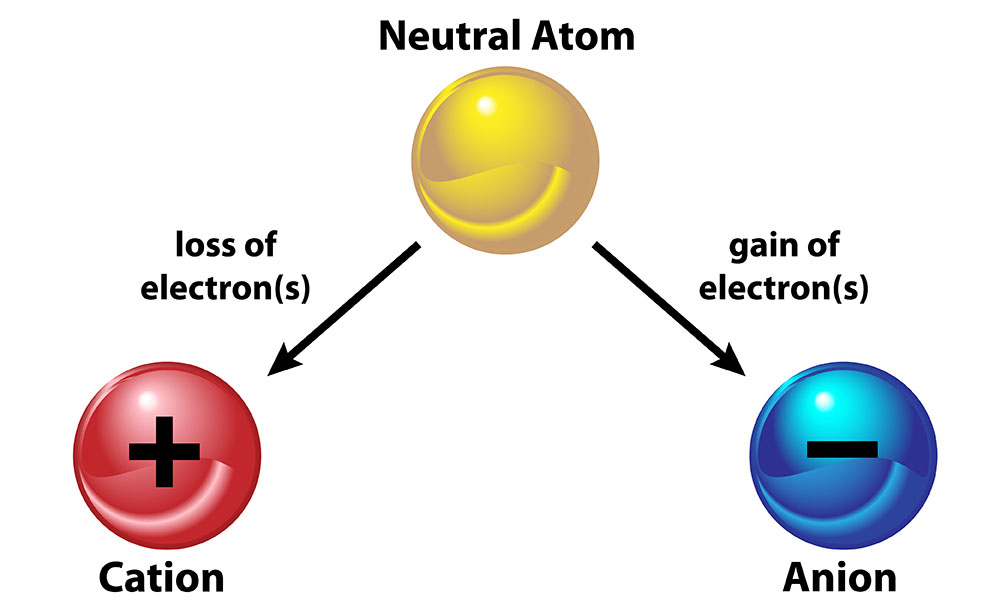

An anion is a negatively charged ion. It is formed when an atom gains one or more electrons. Anions are attracted to cations, which are positively charged ions.
Anions are found in many different substances, including salt, water, and acids. They are also important in the human body, where they play a role in many different bodily functions.
Here are some examples of anions:
The anion exchange resin removed the chloride ions from the water.

Noun: anion.
Adjective: anionic.
Plural: anions.
Synonyms: negatively charged ion, radical anion.
Antonyms: cation, positively charged ion.
The word "anion" comes from the Greek word anión, which means "going up" or "ascending." The word anión is made up of the prefix an, which means "not," and the verb ion, which means "to go.".
How is an anion formed?
Question:
What is an anion?
Answer:
Address
Developing Experts Limited
Exchange Street Buildings
35-37 Exchange Street
Norwich
NR2 1DP
UK
Phone
01603 273515
Email
hello@developingexperts.com
Copyright 2025 Developing Experts, All rights reserved.